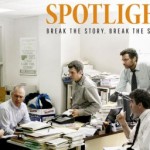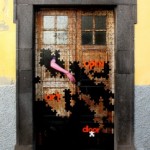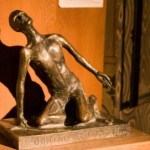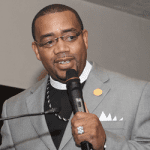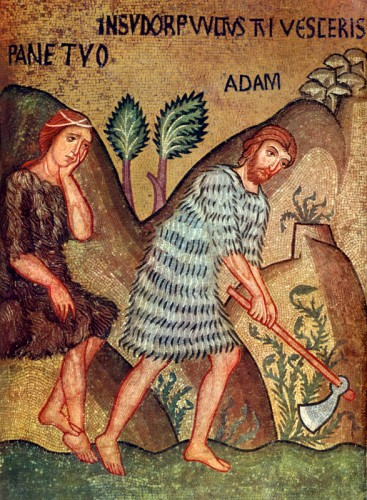 Essential to relationship with God, is leaving home. Adam and Eve left home for the wilderness east of Eden. Abraham and Sarah were impelled to wander. Jacob journeyed, alone, away from family. Jonah ran away from God, to sea, then found himself inside God’s whale. Elijah left Tishbe for the banks of the brook Cherith. Ezekiel became the voice of exiles, enduring captivity in Babylon. So essential is this homelessness, that the oldest of biblical laws speaks of it, in Exodus 22, where it is written, You shall not oppress a stranger (alien), for you were once strangers in a strange land.
Essential to relationship with God, is leaving home. Adam and Eve left home for the wilderness east of Eden. Abraham and Sarah were impelled to wander. Jacob journeyed, alone, away from family. Jonah ran away from God, to sea, then found himself inside God’s whale. Elijah left Tishbe for the banks of the brook Cherith. Ezekiel became the voice of exiles, enduring captivity in Babylon. So essential is this homelessness, that the oldest of biblical laws speaks of it, in Exodus 22, where it is written, You shall not oppress a stranger (alien), for you were once strangers in a strange land.
Jesus does not omit this dynamic in his stories of the reign of God: wandering sons, lost sheep, women who have left husbands, people who have wandered into madness, those who are lost in a boat in a storm, all of these are images of the reign of God, he says. He himself left home, picking up companions along the road, each of whom, we are told, left home to follow him. And once, when interrupted by the arrival of his mother and brothers while speaking to a crowded hall, he told the messenger his mother and brothers are this crowd, and any who do the will of God. Later, he sends out the seventy, commissioning them to stay as strangers in the homes of others.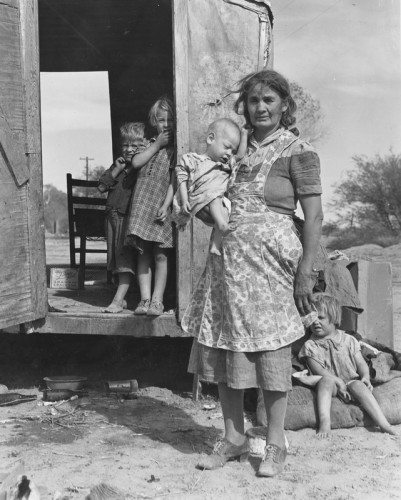
In the passage assigned for this week from Luke 14, Jesus spells it out clearly: the cost of discipleship requires putting the vision of God first in your life, ahead of the vision of home and family, our own little kingdom.
The kingdom he speaks of is not a bucolic hobbit shire, where people occupy themselves with weeding gardens and sharing good food until the very occasional difficult mission is brought to them by a travelling wise man. Jesus is not telling tales of adventures that will bring us home to a snug and self-concerned little shire once again. He is not teaching the humanness of Frodo. If Jesus is Gandalf, he is the Gandalf who calls us to become Gandalf, calls Frodo to leave home.
My affection for shire life is great for I was born in a town where my ancestors had lived for several centuries, and offered a treasure of customs, family lore, recipes for turkey stuffing. But I understand Jesus to belong to those whose roots are lost in the chaos of history, those who came as immigrants on the dangerous boats that brought them to work in mills. Jesus belongs to those who arrived in chains as slaves, to Okies who rode boxcars out of the dust bowl to California, to the homeless who stood in breadlines in New York during the Depression, and to the survivors who walked out of the concentration camps in Germany and Poland, for as he showed in his life, you do not have to be Christian to reach Jesus’ heart. His heart, and his presence, are in battleground of Syria now.
Why is it, then, that the Church has altered this message to serve another tale? And why has the Church replaced the imperative of welcoming strangers with other imperatives about family life, which make it seem that the key to eternal life is family relations? Jesus did not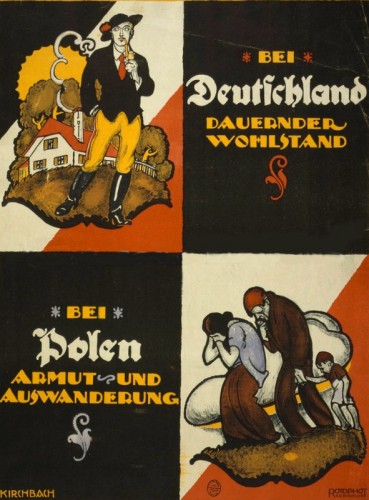 teach that.
teach that.
I have heard more than one pastor say to a congregation that Jesus didn’t really mean to disrupt home and family. I think we discredit him too easily in this. His repeated outreach to those whose family life is already disrupted supports his words about discipleship. Even at Easter, he warns Magdalene not to cling to him, and becomes a stranger on the road to Emmaus, waiting for the invitation to share food as his moment of self-revelation.
One who understood this deeply was Martin Luther King, Jr. As a young man still in his twenties, with a PhD, a fine pulpit, a lovely wife and five small children, he accepted the call to lead the Civil Rights struggle, with the presentiment growing in him that it might, then would, cost him his life, and soon. Jesus talks about the cost as something to be pondered, as a general counts soldiers for a war. King pondered, and counted, soldiers for his army of social change, and put their cause ahead of every other thing, including family.
Peter, Paul, Andrew, John, all understood the teaching of a necessary homelessness. After Easter, they became strangers in strange lands. Home would forever be only in Jesus and God.
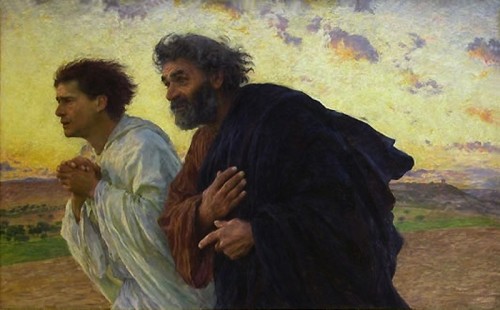 Antoinette Tuff, an African American Christian woman, understood this word last week, as she embraced a hate-filled, armed white man, intent on shooting children in the school where she worked. Antoinette Tuff embraced him with understanding, and with family words (honey, dear) that persuaded him he was not unlovable and not unloved in this world. The courage that led her to do this was born of experience, pain, and her need to change herself, aided by her ability to anchor herself in Christ for the long-haul.
Antoinette Tuff, an African American Christian woman, understood this word last week, as she embraced a hate-filled, armed white man, intent on shooting children in the school where she worked. Antoinette Tuff embraced him with understanding, and with family words (honey, dear) that persuaded him he was not unlovable and not unloved in this world. The courage that led her to do this was born of experience, pain, and her need to change herself, aided by her ability to anchor herself in Christ for the long-haul.
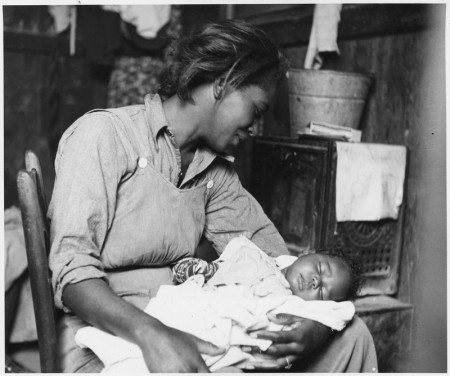 To learn, to encounter, to unravel mystery, to belong to God alone, all these require leaving, really leaving, in order to be open to the unexpected and unknown presence of God, who will be found not according to the rules, and not by the book, and not in the customary places, and not without fear, passion, deep prayer, and reflection on the strangers you have found each day, and the homelessness you have known.
To learn, to encounter, to unravel mystery, to belong to God alone, all these require leaving, really leaving, in order to be open to the unexpected and unknown presence of God, who will be found not according to the rules, and not by the book, and not in the customary places, and not without fear, passion, deep prayer, and reflection on the strangers you have found each day, and the homelessness you have known.
____________________________________________________
Illustrations:
1. Adam and Eve Toil East of Eden, Capella Palatina di Palermo, Palermo Italy, mid 12th c., from Vanderbilt Divinity School Library, Art in the Christian Tradition.
2. Children in a Democracy, by Dorothea Lange. 1940. Highway 87 Migrant cotton picker mother and children. Vanderbilt Divinity School Art in the Christian Tradition.
3. “In Germany, lasting prosperity, in Poland, poverty and emigration”, Kirchbach, Fritz Gottfried, 1919. Vanderbilt Divinity School Art in the Christian Tradition.
4. James and John on Easter. Bernand, Jean, 1898, Musee Dorsay, Paris. Vanderbilt Divinity School Art in the Christian Tradition.
5. Children in a Democracy, Dorothea Lange. Maricopa, Mother and Child. Vanderbilt Divinity School, Art in the Christian Tradition.






